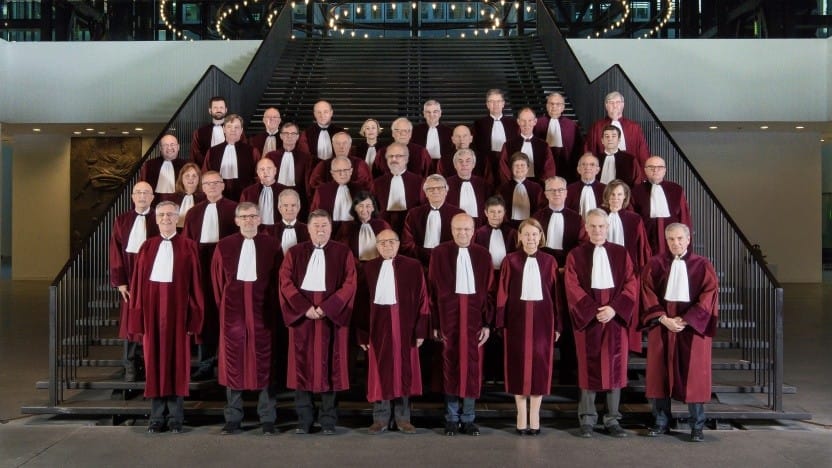
If you want to know where a ‘living constitution’ leads, look at Europe.
WSJBy John Masko, Nov. 7, 2025
If you want to see what a “living constitution” looks like, go to Europe. On Tuesday, in Vainik v. Estonia, the European Court of Human Rights ruled that four longtime prisoners in Estonia were due restitution from the state for “weight gain, sleeping problems, depression, and anxiety” caused by not being allowed to smoke in prison.
The decision was grounded on Article 8 of the European Convention on Human Rights. The text of Article 8 doesn’t mention any right to enjoy a cigarette whenever one pleases. Rather, it protects a broad “right to private life,” which the court accused Estonia of violating in the Vainik case. “The Court,” the judges wrote, “was sensitive to the context of the already limited personal autonomy of prisoners, and that the freedom for them to decide for themselves—such as whether to smoke—was all the more precious.” An odd ruling, but perhaps Europe loves its cigarettes that much?
No, that isn’t it. In Elefteriadis v. Romania (2011), the same court ruled that Romania owed restitution to a prisoner for health consequences resulting from his exposure to secondhand smoke in prison. This decision was grounded on Article 3 of the convention, which states that “no one shall be subjected to torture or to inhuman or degrading treatment or punishment.” That the prison had been overcrowded at the time didn’t absolve it from its responsibility to provide the plaintiff, whose doctor had advised to avoid tobacco smoke, with a smoke-free environment.
The European Court of Human Rights has now declared that Europeans have both a right to smoke in prison and a right not to be exposed to smoke in prison. How can both those rights be enforced? No one bothers to explain.
For Americans, cases like this are useful because they illustrate the hell that awaits us if we stray too far down the path of judicial activism. The rights enshrined in the European Convention on Human Rights are broad, heavily qualified, and difficult to interpret to start with. Consider the unclarity of Article 9, which declares that “everyone has the right to freedom of thought, conscience and religion”—but that such freedoms can be curtailed “in the interests of public safety, for the protection of public order, health or morals.”
Such text can be made to mean almost anything, particularly in the hands of creative jurists. Breathing in secondhand smoke in prison is “inhuman and degrading treatment” if the judges say so, while not being allowed to produce secondhand smoke is a violation of the “right to private life.” The result is a legal goulash in which supposedly fundamental human rights are made to contradict one another—a state of affairs that can only create a disordered, profoundly illiberal society.
Mr. Masko is a freelance writer based in Boston.
